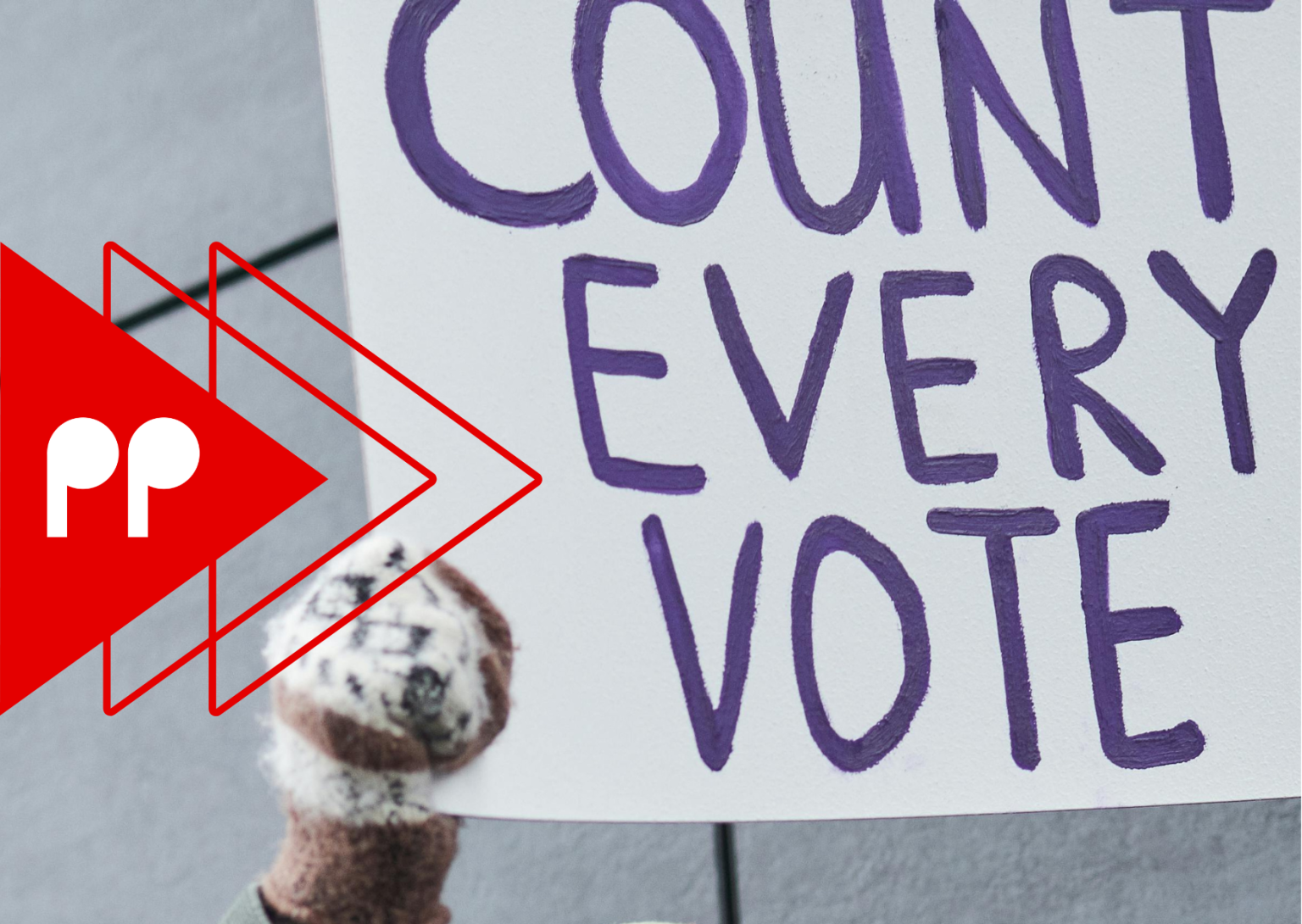The 2024 European parliamentary election is coming—along with many electoral successes and losses. While good results speak for themselves, party leaders and managers must prepare for the worst possibility—badly underperforming compared to expectations, even falling below the threshold.
These are the most critical times for political parties and how the party leadership reacts to such situations determines not only their future but the party’s as well. It’s too late to decide on the spot, so you might as well prepare your steps in case of an emergency. Here are five proven strategies to do so.
Dont lie, just acknowledge the results
Truth in politics. It’s always good advice for politicians who want to earn voters’ long-term trust, so don’t lie. Period. This is especially true in hard times when the party membership is looking for guidance.
Whether you are a leading politician or a party operative, acknowledging and addressing the loss is the first step to keeping the trust of your members. Politicians might be inclined to say things like ‘it’s not that bad,’ maybe comparing the party to other parties that suffered greater losses. But if the first words are not of acknowledgment, but denial, you will simply not be trusted.
Thank the team
Whatever the result is, one thing is certain: many party members worked incredibly hard to convince people, either behind a screen or out in the street knocking and handing out leaflets. Don’t let the bad mood wash away the recognition they deserve. Especially because they are the backbone of the party: the ones who are willing to work on weekends when necessary and the ones who go out to meet voters regardless of the weather.
Acknowledge them in internal communications. Hold a get-together for party members and volunteers. Make sure to emphasise that it is not their fault, and that they did their best. They are the party’s future.
Learn the lessons and involve members
While calling it a post-mortem analysis might not be a good idea, quickly conducting a post-election analysis is necessary before moving forward. Members will have a natural need to draw lessons. In a way, this is what sets the acknowledgment of the results in stone: a written report about what went wrong and what the party could have done better.
And don’t kid yourself—party members will not necessarily accept a report solely written by those responsible for the election results. A good way to handle this is to involve members in the evaluation process. Hold countless interviews, talk to activists, lower-level employees, and local politicians. Encourage everyone to send their opinions. This will help members feel involved in the party’s future while easing tensions between party leaders and members.
Set new goals
This is a great opportunity for fast-moving parties.
Set clear, short-term goals after you have acknowledged the results and thanked everyone for their work. Channel the energy into something advantageous while other party leaders are busy celebrating (and vacationing).
The goal could be anything, maybe even something not typically reserved for parties, such as a common fundraising event for a good cause that aligns with the party’s worldview. Even better, include members in the process of choosing the next short-term goals of the party. There is no better way to pull members out of post-election depression.
Do everything to boost member engagement
Modern parties, especially after COVID, tend to conduct a significant amount of their activities through Google Meet, Google Docs, and other online tools. In the event of an election loss, the need to meet members face-to-face is higher than ever.
It is the party leaders’ responsibility to pull members out of their misery, and that cannot really be done via internal emails and 100-person online meetings. The best thing party leaders can do is to immediately start a countrywide tour to meet members in a town-hall style and listen to their feedback.
If the mood is especially terrible, party leaders have to think about retaining members who might otherwise quit. Consider some relaxing group events (like a summer camp for the party), or even encourage temporary breaks for those who feel burned out. Or just have unlimited amounts of beer with as many members as possible.
Final thoughts
In times of electoral setbacks, proactive and sincere leadership is essential. By acknowledging results, appreciating efforts, involving members in analysis, setting new goals, and boosting engagement, party leaders can maintain morale and ensure the party’s resilience and future success.

